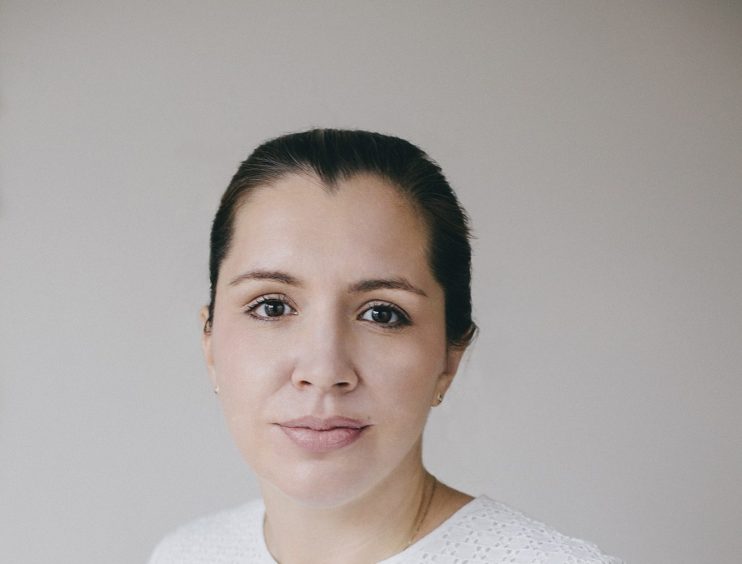The Notebook: Why we need to change the narrative for female founders

The City’s movers and shakers have their say, today it’s senior program manager for Europe at Village Capital Marta Zaccagnini
The State of European Tech report is out. That time of year when those of us working on inclusive investing – investing in startups led by women, ethnic minorities and other groups underrepresented in the funding world – open the report with the naive hope that things might be finally changing for the better, sigh and close it again.
Less than 5 per cent of all venture capital in Europe goes to women. It’s been this way for over 10 years. And as pitiful as it is, I increasingly feel like citing this data over and over again is becoming very unhelpful. In fact when I surveyed the 200 women founders who have completed the climatetech accelerator program I lead, more than 90 per cent said that data point makes them question their ability to succeed as a female founder. These are the same women who, on average, have doubled revenue and (mostly VC) funding within two years. Which is well above industry average.
So the truth is, there are women founders in Europe that can, and do, succeed. But it’s not easy. And the negative rhetoric is not helping.
Thankfully there is a lot going on to counter the depressing data and help make more success stories. The “You’ve got what it takes” campaign by Female Founders Rise saw billboards popping up around London showcasing successful female entrepreneurs this autumn, Unconventional Ventures scrapped their report for the first time in five years and replaced it with a playbook for investors, and the Invest in Women Taskforce raised a £250m fund to invest in women led start-ups.
Let’s change the narrative and focus on wins like these to give female founders a better chance. And when I open the same report next year, let’s hope these initiatives will have moved the needle.
Why we’re backing refugee founders
This week we met with our newly recruited fund manager for the UK’s first Refugee Venture Fund, which we’ll be heading out to secure the first close for in the New Year. We started this fund because we know that refugees, like other founders, have the ability to create opportunities for themselves and their communities.
Our team (impact investors, refugee entrepreneur network founder, and a refugee startup owner), all work with investors, founders and refugees every day, and we’ve seen firsthand how founders from refugee backgrounds struggle to scale their businesses due to exclusion from venture capital.
This issue isn’t just a perception—less than five refugee-led startups have received first-round equity deals in the UK over the last 10 years. So, why is this the case? The short answer is investor homophily (investors are predominantly white men and often invest in people who resemble themselves), along with other challenges related to accessing networks, language barriers, and opportunities to start and grow businesses.
We’re excited to change this.
An inventive alternative to polystyrene
This is the future of polystyrene. It’s made out of agricultural waste (biochar), and it doesn’t set your teeth on edge (or is that just me?). I’m watching London based startup Carbon Cell with interest as they work to make polystyrene a thing of the past with its plastic free foam. Traditional polymer-based foams take over 500 years to decompose and pose a great threat to humans, the environment and wildlife. Carbon Cell’s alternative is fully compostable and locks in carbon for centuries using a humble waste product.
Quote of the week
“It’s better to regret something you did, than something you didn’t do”
It might not be Brene Brown, but I find these Butthole Surfer lyrics to be a good rule to live by
What I’m reading
The Parisian By Isabella Hammad is one of the lesser-known books I’ve been recommending recently. Beginning in the dying days of the Ottoman empire, it follows the central character Midhat Kamal, full circle from Nablus to Istanbul, Cairo, Montpellier, Paris and then back ‘home’ (both a tough concept, and a tough adjustment for a longtime expatriate). It’s not a quick before bed read, it’s a book for escaping the Christmas mayhem, sitting by a fire and getting lost in an epic tale of adventure, culture, love, religion, politics and all the big stuff.